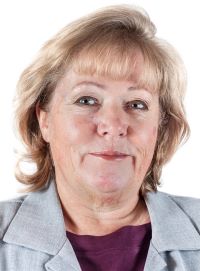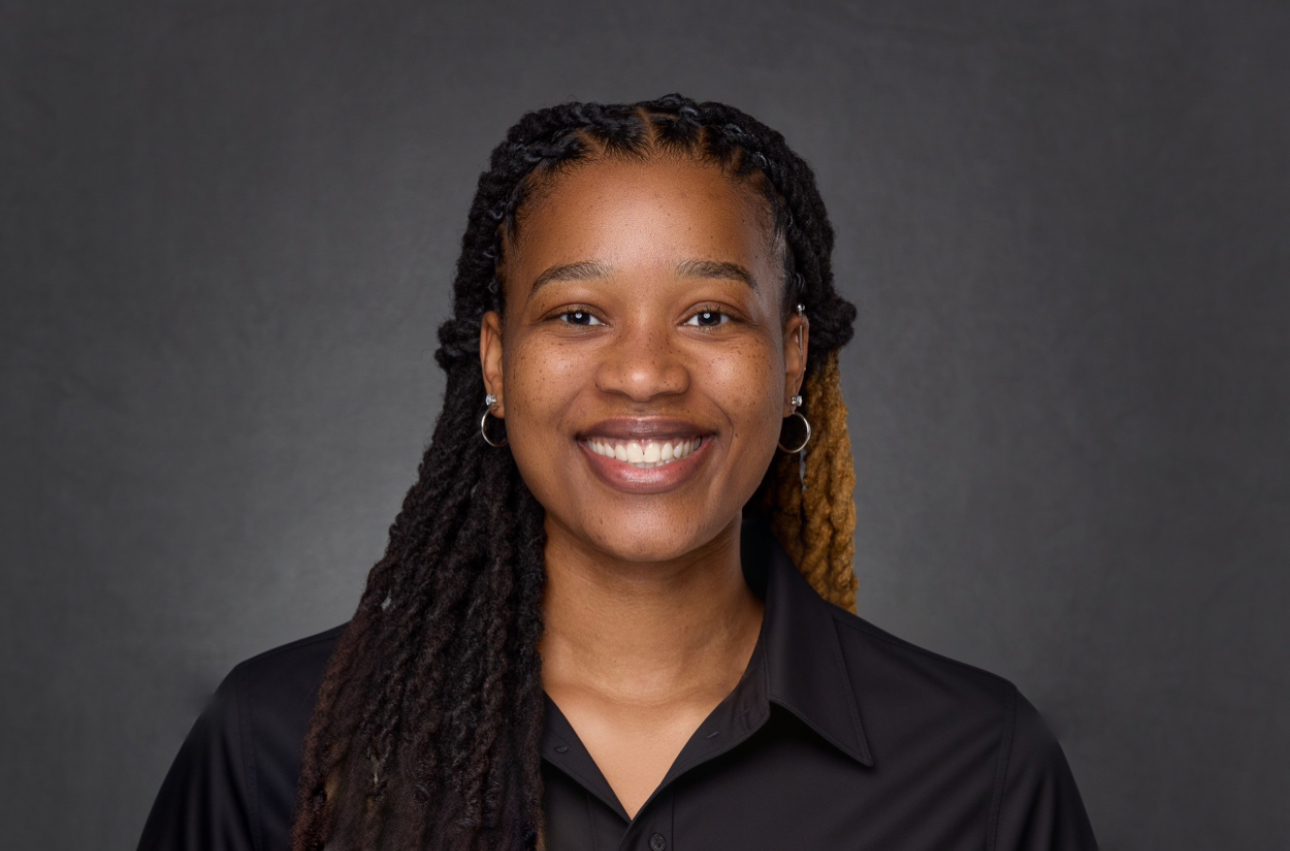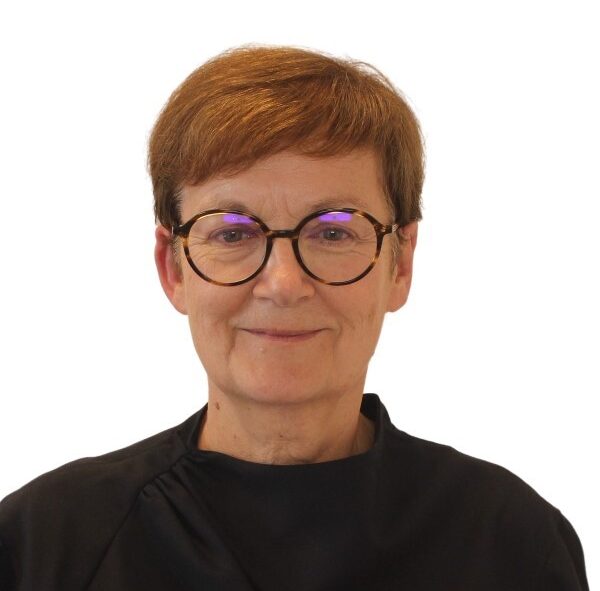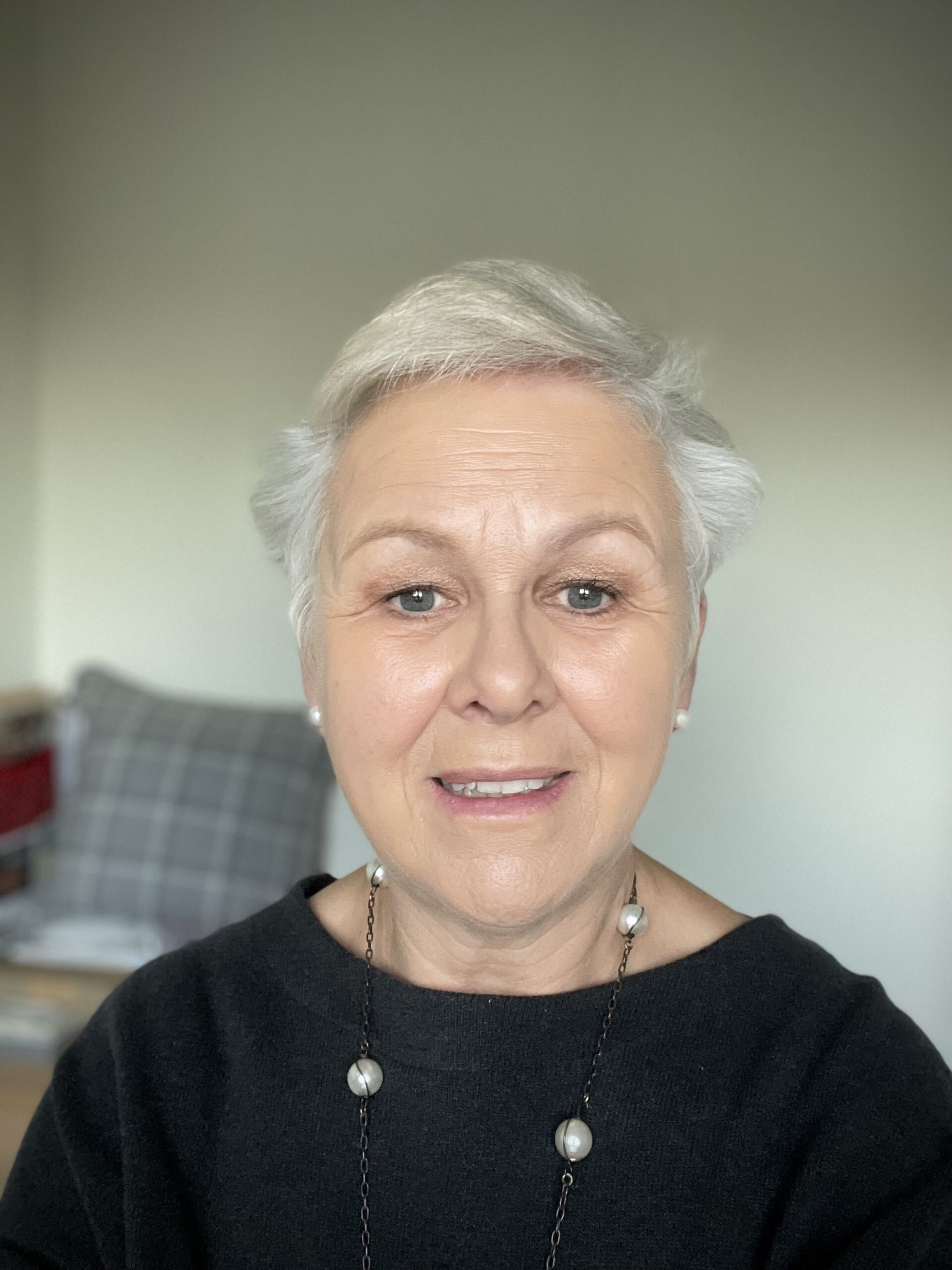Overview
In this activity, a medical oncologist, a nurse practitioner, a clinical oncology pharmacy specialist and a patient advocate review the safety profiles of antibody–drug conjugates (ADCs) used in the treatment of patients with metastatic breast cancer, discuss the importance of patient education and shared decision-making in breast cancer care, and share insights on strategies to promptly identify and effectively manage the toxicities associated with ADC therapy in this patient population.
This activity is jointly provided by USF Health and touchIME.
touchIME is an EBAC® accredited provider.
This activity has been designed to meet the educational needs of oncologists, oncology nurses, oncology nurse practitioners and physician assistants, and oncology pharmacists involved in the management of patients with metastatic breast cancer.
USF Accreditation
Disclosures
USF Health adheres to the Standards for Integrity and Independence in Accredited Continuing Education. All individuals in a position to influence content have disclosed to USF Health any financial relationship with an ineligible organization. USF Health has reviewed and mitigated all relevant financial relationships related to the content of the activity. The relevant relationships are listed below. All individuals not listed have no relevant financial relationships.
Faculty
Dr Véronique Diéras discloses: Advisory board/panel fees from AbbVie, AstraZeneca, Daiichi Sankyo, Eisai, Gilead, Lilly, Medac GmbH, MENARINI, MSD, Novartis, Pfizer, Pierre Fabre Oncologie, Roche Genentech and Sanofi. Independent Data Monitoring Committee for AstraZeneca, Daiichi Sankyo, Lilly, Sanofi and Seagen. Consultancy fees from Roche Genentech.
Dr Kayla Freeman has no financial interests/relationships or affiliations to disclose in relation to this activity.
Dr Scott Edwards discloses: Advisory board/panel fees from Bayer, Ipsen, Novartis and Pfizer. Speakers’ bureau fees from Apobiologix, Astellas Pharma, AstraZeneca, Bayer, Eisai, Gilead, Ipsen, Janssen, Merck, Novartis and Pfizer.
Mrs Lesley Turner discloses: Speakers’ bureau fees from MASCC – Novartis (relationship terminated).
Content reviewer
Rebecca Margaret Gonzalez-Winegar, PharmD, BCOP has no relevant financial relationships to disclose.
Touch Medical Contributors
Hannah Fisher has no financial interests/relationships or affiliations in relation to this activity.
USF Health Office of Continuing Professional Development and touchIME staff have no financial interests/relationships or affiliations in relation to this activity.
Requirements for Successful Completion
In order to receive credit for this activity, participants must review the content and complete the post-test and evaluation form. Statements of credit are awarded upon successful completion of the post-test and evaluation form.
If you have questions regarding credit please contact cpdsupport@usf.edu.
Accreditations
Physicians
This activity has been planned and implemented in accordance with the accreditation requirements and policies of the Accreditation Council for Continuing Medical Education (ACCME) through a joint providership of USF Health and touchIME. USF Health is accredited by the ACCME to provide continuing medical education for physicians.
USF Health designates this enduring material for a maximum of 0.75 AMA PRA Category 1 CreditTM. Physicians should claim only the credit commensurate with the extent of their participation in the activity.
The European Union of Medical Specialists (UEMS) – European Accreditation Council for Continuing Medical Education (EACCME) has an agreement of mutual recognition of continuing medical education (CME) credit with the American Medical Association (AMA). European physicians interested in converting AMA PRA Category 1 CreditTM into European CME credit (ECMEC) should contact the UEMS (www.uems.eu).
Advanced Practice Providers
Physician Assistants may claim a maximum of 0.75 Category 1 credits for completing this activity. NCCPA accepts AMA PRA Category 1 CreditTM from organizations accredited by ACCME or a recognized state medical society.
The AANPCP accepts certificates of participation for educational activities approved for AMA PRA Category 1 CreditTM by ACCME-accredited providers. APRNs who participate will receive a certificate of completion commensurate with the extent of their participation.
Nurses
USF Health is accredited as a provider of nursing continuing professional development by the American Nurses Credentialing Center’s Commission on Accreditation.
A maximum of 0.75 contact hour(s) may be earned by learners who successfully complete this continuing professional development activity. USF Health, the accredited provider, acknowledges touchIME as the joint provider in the planning and execution of this CNE activity.
This activity is awarded 0.75 ANCC pharmacotherapeutic contact hour.
Pharmacists
USF Health is accredited by the Accreditation Council for Pharmacy Education as a provider of continuing pharmacy education. This knowledge-based program has been approved for 0.75 contact hours (0.75 CEUs). Universal program number is as follows: UAN 0230-9999-25-007-H05-P.
Date of original release: 31 March 2025. Date credits expire: 31 March 2026.
If you have any questions regarding credit please contact cpdsupport@usf.edu.
EBAC® Accreditation
touchIME is an EBAC® accredited provider since 2023.
This program is accredited by the European Board for Accreditation of Continuing Education for Health Professionals (EBAC®) for 48 minutes of effective education time.
EBAC® holds an agreement on mutual recognition of substantive equivalency with the US Accreditation Council for CME (ACCME) and the Royal College of Physicians and Surgeons of Canada, respectively.
Through an agreement between the European Board for Accreditation of Continuing Education for Health Professionals (EBAC®) and the American Medical Association, physicians may convert EBAC® External CME credits to AMA PRA Category 1 CreditTM. Information on the process to convert EBAC® credit to AMA credit can be found on the AMA website. Other health care professionals may obtain from the AMA a certificate of having participated in an activity eligible for conversion of credit to AMA PRA Category 1 CreditTM.
EBAC® is a member of the International Academy for CPD Accreditation (IACPDA) and a partner member of the International Association of Medical Regulatory Authorities (IAMRA).
Faculty Disclosure Statement / Conflict of Interest Policy
In compliance with EBAC® guidelines, all speakers/ chairpersons participating in this programme have disclosed or indicated potential conflicts of interest which might cause a bias in the presentations. The Organizing Committee/Course Director is responsible for ensuring that all potential conflicts of interest relevant to the event are declared to the audience prior to the CME activities.
Requirements for Successful Completion
Certificates of Completion may be awarded upon successful completion of the post-test and evaluation form. If you have completed one hour or more of effective education through EBAC® accredited CE activities, please contact us at accreditation@touchime.org to receive your EBAC® CE credit certificate. EBAC® grants 1 CE credit for every hour of education completed.
Date of original release: 31 March 2025. Date credits expire: 31 March 2027.
Time to complete: 48 minutes.
If you have any questions regrading the EBAC® credits, please contact accreditation@touchime.org.








